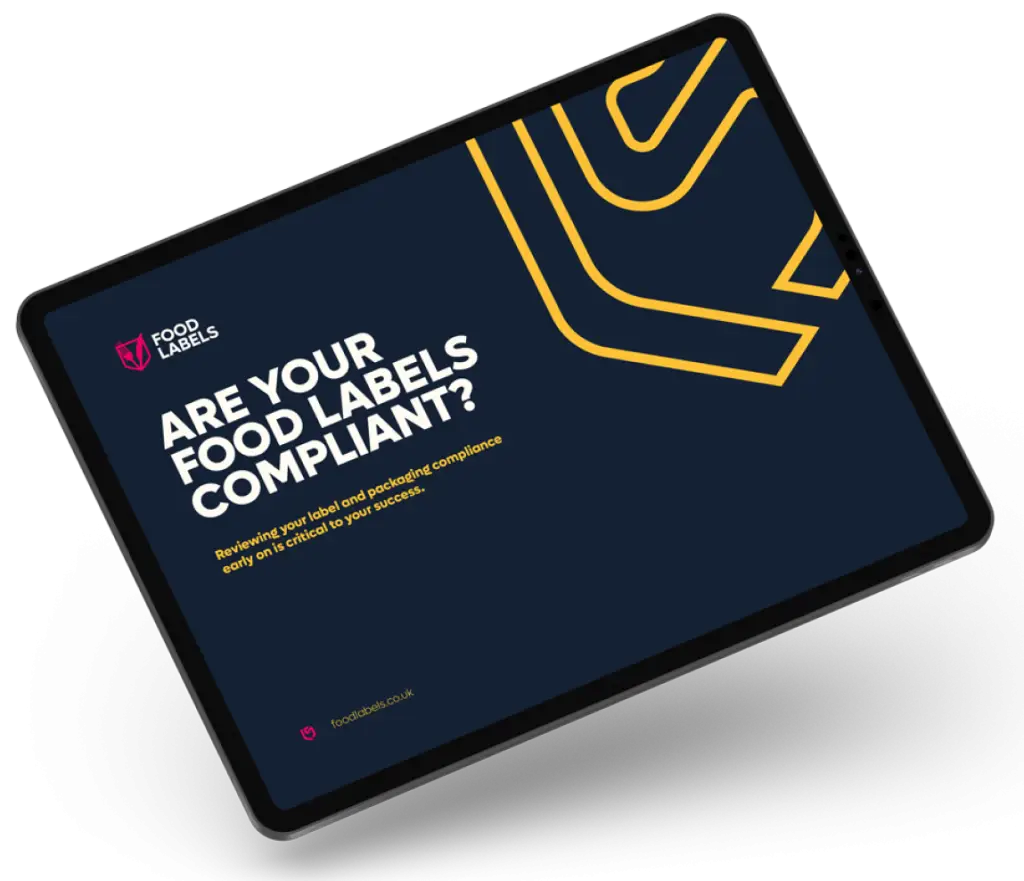It seems reasonable to assume that the terminology adopted by food companies and manufacturers should be designed in such a way as to provide pertinent and relevant nutritional and dietary information to their customer base, doesn’t it? Believe it or not, some of the most popular phrases used by food companies on their labelling may actually mean something entirely different than what you’re thinking.
Take, for example, the phrase “all natural”. What exactly does this mean? If you’re like many of us, you’re probably inferring that the product has been produced from naturally sourced ingredients and is free of synthetic chemical compounds or treatments. Unfortunately, this may not be the case. Recently, the FDA has announced that the term “all natural” has been proven to be loosely defined and, in extreme cases, has been placed on products whose contents “[have] probably been processed and [are] no longer the product of the earth.”
But that’s not all. Let’s take a look at yet another often used expression that, when it appears, makes us believe we are making a healthy choice. The term “sugar free” doesn’t, in fact, imply that the product you are consuming is completely devoid of unhealthy sweeteners. In fact, sugar free products often contain artificial sweeteners that, in certain studies, have been linked to cancer. Additionally, many of these products still contain a substantial number of calories, leading to unwanted weight gain and other tangentially-related outcomes.
Finally, let’s take a look at one of the more trendy terms used today, “free range”. By definition, a free range animal is one that has been allowed to roam an outdoor environment for a period of time before slaughter. Although many of us interpret this to mean that these animals have lived exclusively outdoors, there is no set minimum on the amount of time an animal must be allowed outside, allowing for numerous opportunities for questionable labelling in an effort to attract positive attention.
Ultimately, the only way to effectively combat misinformation in the food industry is to educate oneself on what is actually being placed in the products we eat. Only then we can take proactive steps to reform this complex and massive infrastructure.














